Suzanne Borders shared their story and experiences with us recently and you can find our conversation below.
Suzanne, so good to connect and we’re excited to share your story and insights with our audience. There’s a ton to learn from your story, but let’s start with a warm up before we get into the heart of the interview. What is something outside of work that is bringing you joy lately?
I’ve really been enjoying working as a transport volunteer for SoCal Parrots (https://www.socalparrot.org/). This entails transporting injured wild parrots from all over the SoCal area to the non-profit’s headquarters in Jamul, CA, where they are given medical treatments and nursed back to health.
Most people are unaware of the fact that there are 13 species of wild parrots naturalized to Southern California, including flocks of red-crowned Amazons, lilac-crowned Amazons, Mitred Conures, and more. These parrots are not native to Southern California, but have become naturalized to the landscape, meaning that they didn’t originate from this region but, due to various different reasons, they have been able to develop self-sustained wild flocks that flourish in this landscape.
However, most wild-life rehab centers and human societies do not accept nor treat the wild parrots, because they are not truly native to this region. This means that if a wild parrot is injured and requires care, such organizations will not provide it, at least not on a long-term, high-volume basis. That’s where the SoCal Parrots organization steps in, to bridge that gap of care. The non-profit focuses solely on treating and rehabbing wild, naturalized parrots of all kinds in the Southern California area. They’re a unique, very necessary organization that does incredible work in helping care for the magnificent flocks of wild parrots that make their home here!
I’m very passionate about parrots and wildlife in general; I think most parrots should not be pets and I love working with an organization that focuses on sustaining wild parrot flocks (vs. putting parrots into homes as pets). My work with SoCal Parrot as a transporter has been a great joy in my life; I love knowing that, even in some small way, I can help care for such a unique part of California’s wildlife. It is an honor and a pleasure to volunteer with them!
And speaking of parrots – I have a rescue parrot (one who could not survive on his own in the wild) named Pidge who lives me with me, named Pidge. He turned 9 this year! He brings me a lot of joy as well. He talks and says several phrases, such as ‘I’m being a pretty bird!’ and ‘Whatcha doin’?’. It’s wild how smart he is and how good he is with language, context, and tone. He has the intelligence level of a 2-3 year old human and acts like one too!
Can you briefly introduce yourself and share what makes you or your brand unique?
I’m Suzanne Borders, the CEO and founder of BadVR, a software company located in Los Angeles, CA. BadVR is a woman-owned small business dedicated to making data insights accessible to people of all technical abilities by seamlessly integrating data analysis with immersive (augmented and virtual reality) technologies. Our patented data analytics enterprise products and platform make the discovery of valuable insights, faster, easier, and more universally accessible. We primarily focus on enterprise and business uses and work with large telecoms, utility companies, and widely within the government and defense sector.
BadVR’s most well known product is “SeeSignal” – an app that allows users to visualize live radio frequency data, in real-time, in-situ, empowering users with the ability to “see” invisible radio signals. The app helps users diagnose connectivity issues, plan new deployments, and improve overall network performance by visually mapping hot spots and dead zones. It is now available in the Meta App Store for both residential and commercial use.
Great, so let’s dive into your journey a bit more. Who taught you the most about work?
My father, Jeffrey Borders, taught me the most about work; my father and my grandfather. Both of them are/were entreprenuers and both of them encouraged me from a very young age to pursue my own path through life, including entreprenuership. I remember being very young, probably 10 or 11 years old, and my dad telling me that the most valuable thing I’d ever have is time. He told me never to sell my time to anyone other than myself – he made it abundantly clear that I must own my own hours and must own the fruits of my labor or my life would be one endless slog, being at the mercy of others, who may or may not see and/or value my skills and abilities.
His whole concept of never work for anyone but yourself affected me deeply and changed the way I saw the world. From that day on, I never thought about my value in the world being tied to education or other proof of education – I always looked at my value in being the skillsets I had mastered and the items of value I could produce and sell to others for money. The idea that I would have to convince others to value and hire me was never front of mind; my thoughts were always focused on what I could produce and sell to others. It seems like a minor difference but it’s actually quite major – I never looked to others to value my time; instead, I valued my time myself, and started my first business when I was 17. From there, I’ve been mostly self-employed my entire life (with minor terms at companies here and there to learn and grow).
But without my father (and his father before him) – I don’t know if I’d have started with such a uniquely entrepreneurial mindset. I’m very grateful to my dad for what he taught me about work and how to value myself and my time.
What did suffering teach you that success never could?
Success doesn’t really teach you much. Suffering, or, more accurately, failure, is the great teacher. People who succeed from the jump are extremely handicapped in that they never learn how to push through challenges and how to continue through setbacks, both of which are inevitable facts of life. I believe it’s important to fail often and to fail young, because you then learn how to overcome difficulties and, more importantly, you prove to yourself that, no matter what, you can still succeed. If you get too much success too early, you end up having to learn these lessons later in life, when the stakes of failure are generally much higher, and when it’s more demoralizing and confusing. I think the best way to proceed is to spend your 20s trying everything and doing everything and failing at most of it; teaching yourself what your strengths and weaknesses are and teaching yourself how to overcome every hurdle life may throw your way.
Success is great, and it feels good, but it only teaches you a very narrow set of circumstantial lessons – you now know how to succeed at this one specific thing – but failure / suffering teaches you a much deeper, wider, and ultimately more important set of life skills – how to persist, how to overcome, how to solve problems and face challenges with courage.
So a lot of these questions go deep, but if you are open to it, we’ve got a few more questions that we’d love to get your take on. Is the public version of you the real you?
Of course not! I think it’s impossible for anyone to have a public version of themselves that is ‘real’ or truly reflective of who they are as a person. Which isn’t a bad thing per se; that’s just the nature of public personas. They have to be more simplistic and reductive than our full selves because a ‘real you’ is, at best, a very complex, multi-faceted, often contradictory thing that doesn’t work well with public imaging or messaging. Additionally, there must be parts of yourself that you keep private, for sanity and out of respect to the ones you love. Again, this is just the nature of public personas; I don’t believe anyone has a ‘real self’ that is the same both publicly and privately.
That being said – my public self is authentic to who I am, to the extent possible. The best way to think of it is that you are seeing an authentic side of myself when you engage with my public persona; however, that’s just a single side. There are many more that you don’t see unless you know me privately.
Before we go, we’d love to hear your thoughts on some longer-run, legacy type questions. What is the story you hope people tell about you when you’re gone?
I hope that people tell many stories about me when I’m gone – no one single story could possibly convey myself or my life in any worthwhile or meaningful way. I’m too complex for that; I’ve lived too much life for one story to cover it all!
However, if I were to pick a single thing by which I’d like people to remember me, it would have to be courage or bravery. The courage to try, the guts to give something a go, the bravery to continue with a dream even in the face of seemingly insurmountable challenges. If I can inspire even one person to pursue their dreams when they otherwise would not have done so, then my life will have value and meaning. I think if anything, my existence should prove to the world that no matter who you are and no matter your background – you can accomplish anything if you set your mind to it. Through sheer willpower alone, anything is accomplishable. That’s the overall narrative I’d like to leave behind. To believe in yourself and your own abilities so much, and with such passion, that anything and everything is possible.
Contact Info:
- Website: https://badvr.com/
- Instagram: https://instagram.com/badvr_inc
- Linkedin: https://www.linkedin.com/in/srborders/
- Twitter: https://x.com/SuzanneBorders

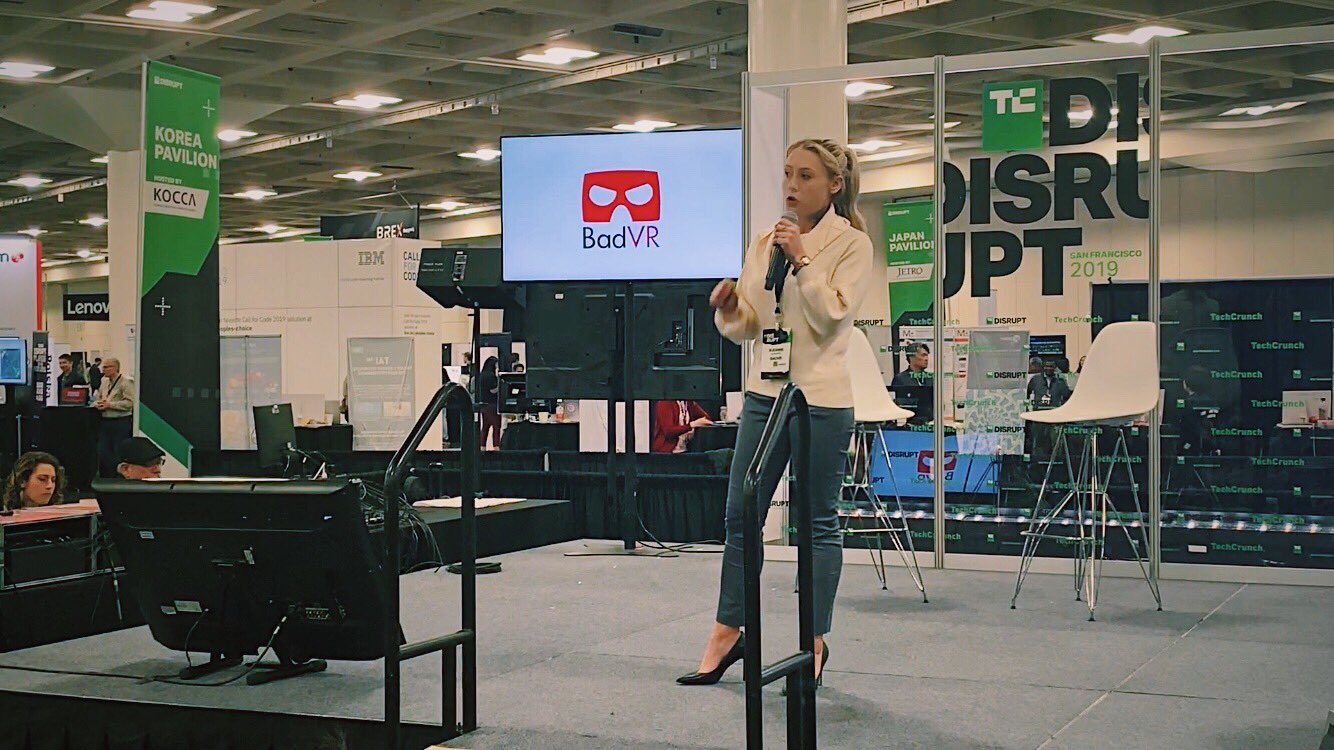
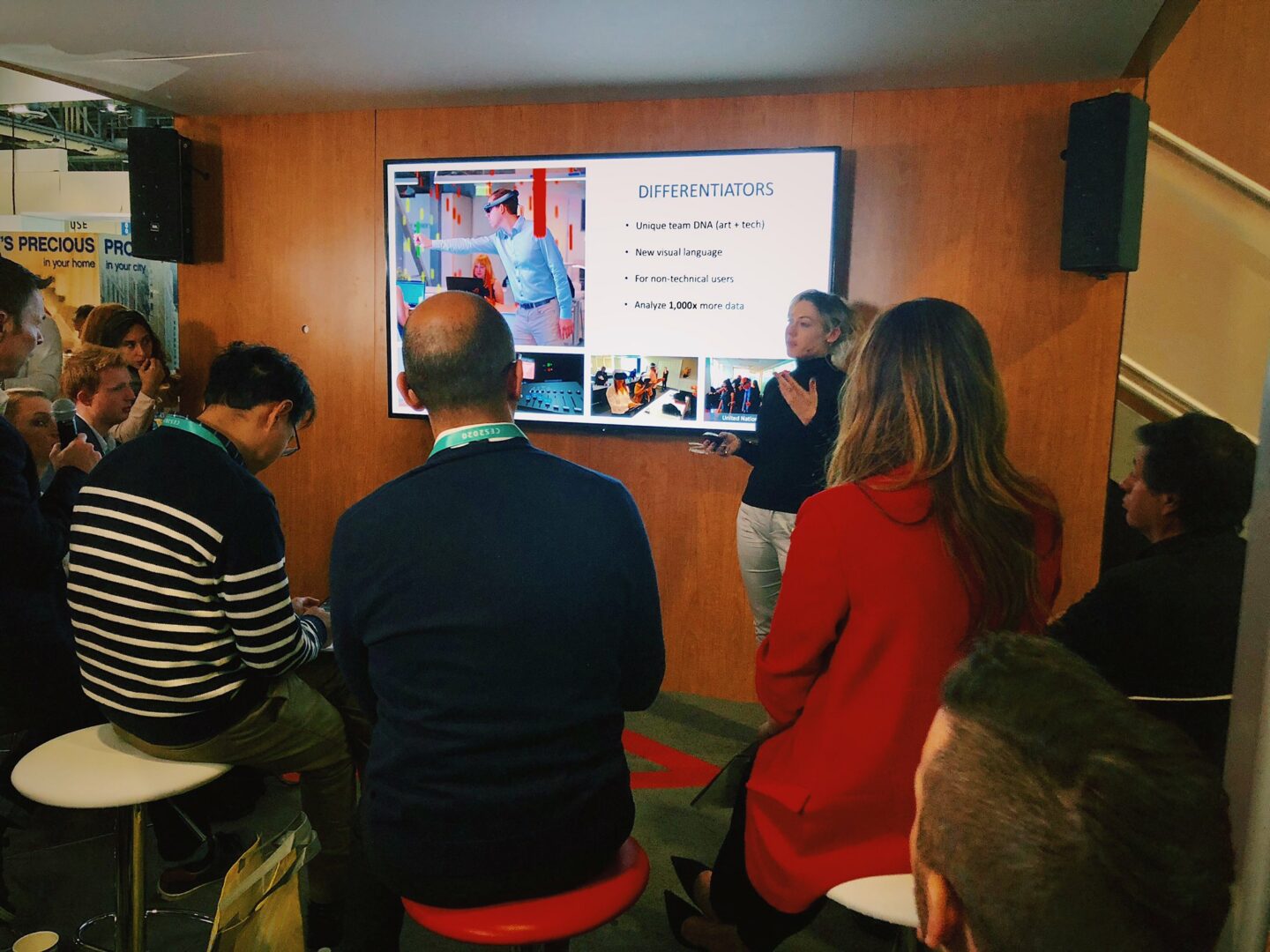
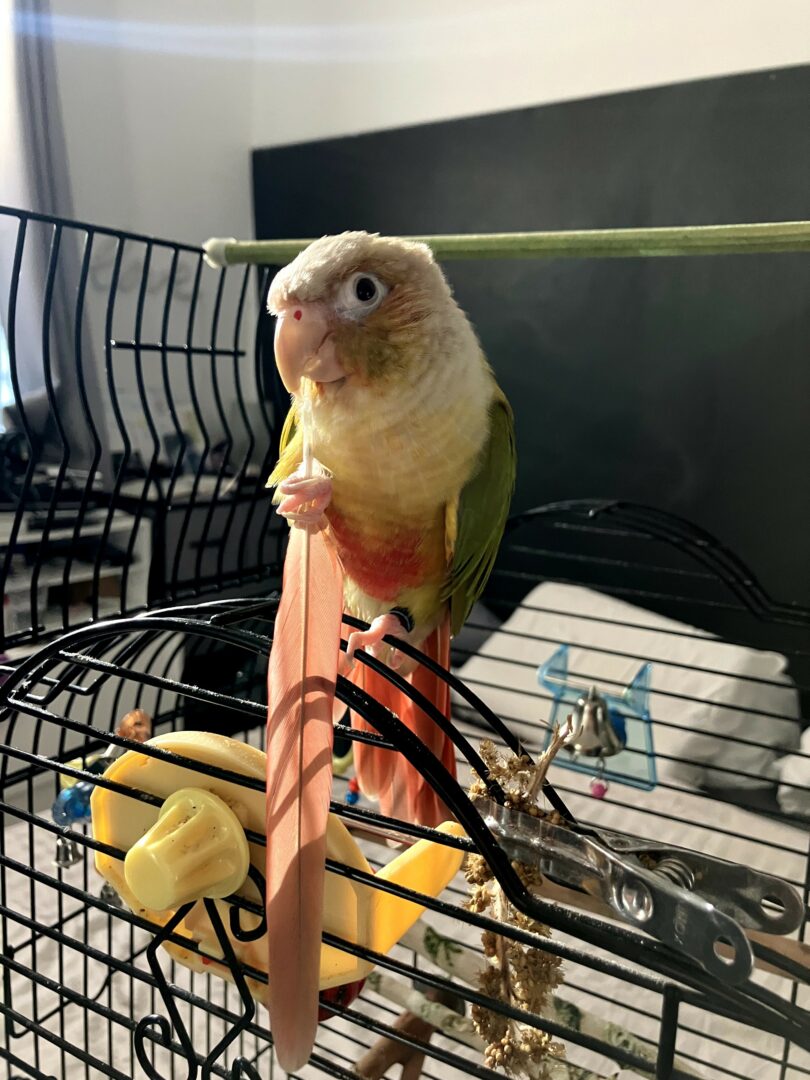
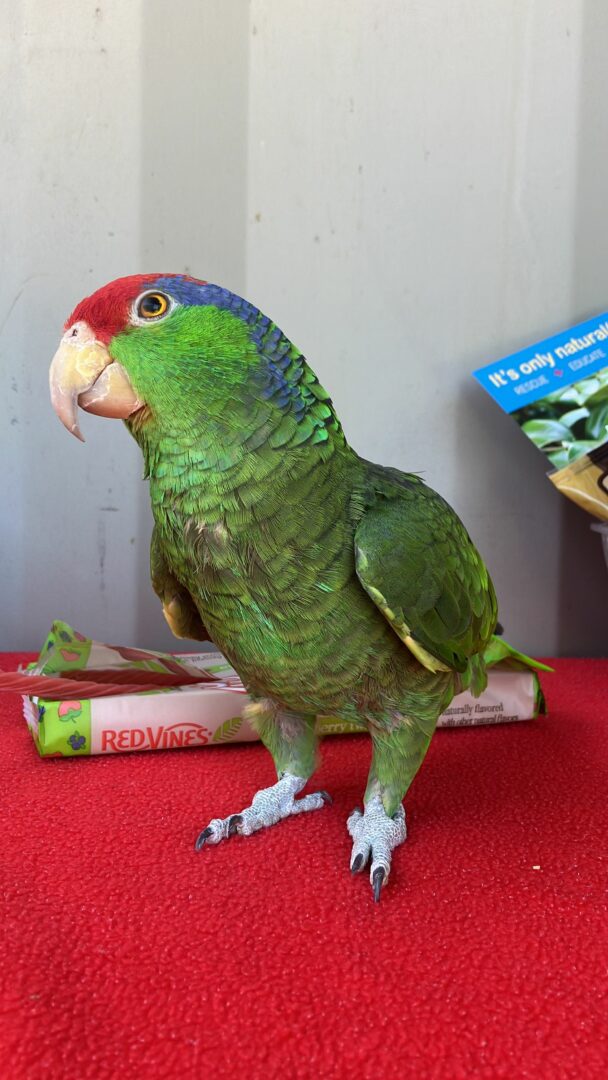
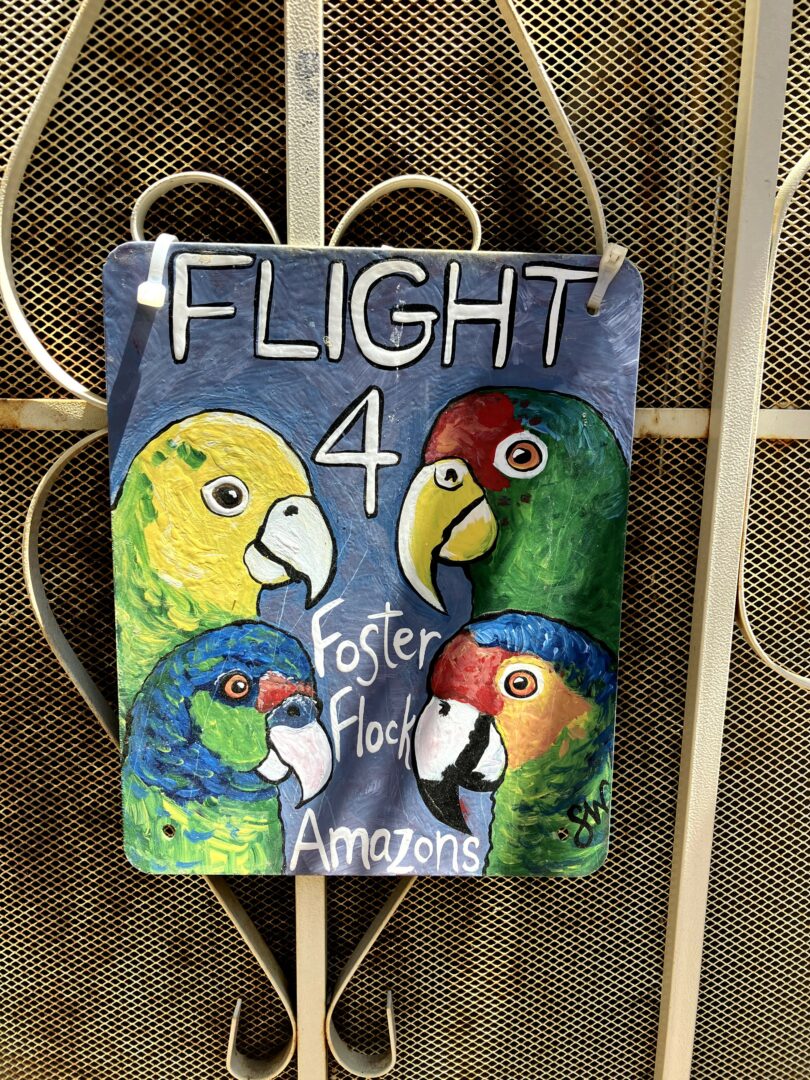
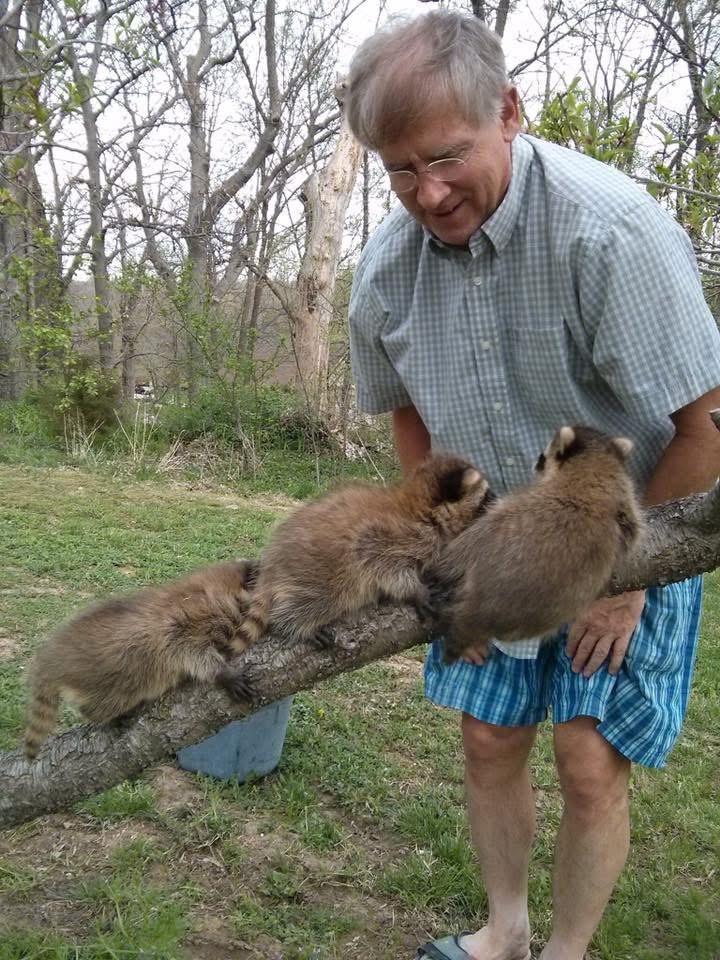
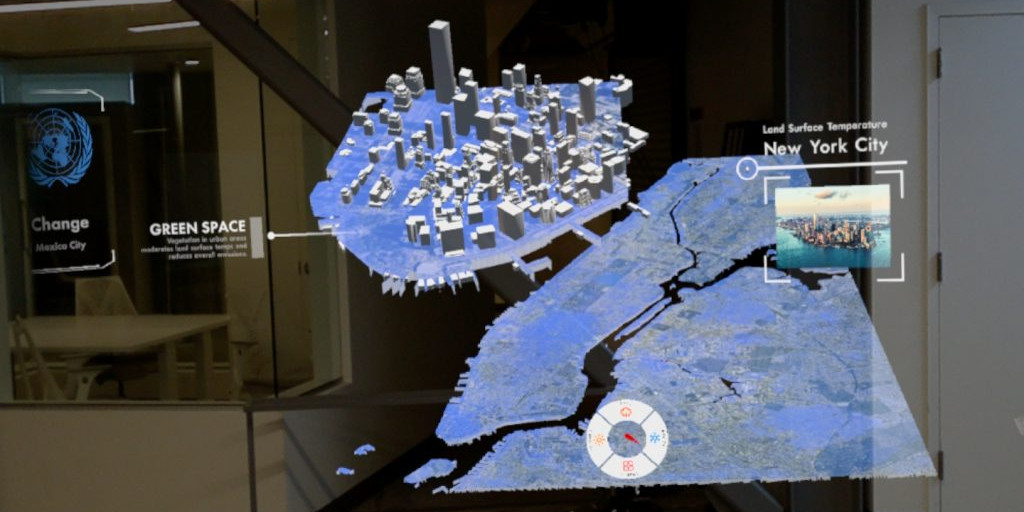
Image Credits
Image Credit: Suzanne Borders / BadVR, Inc.
so if you or someone you know deserves recognition please let us know here.




